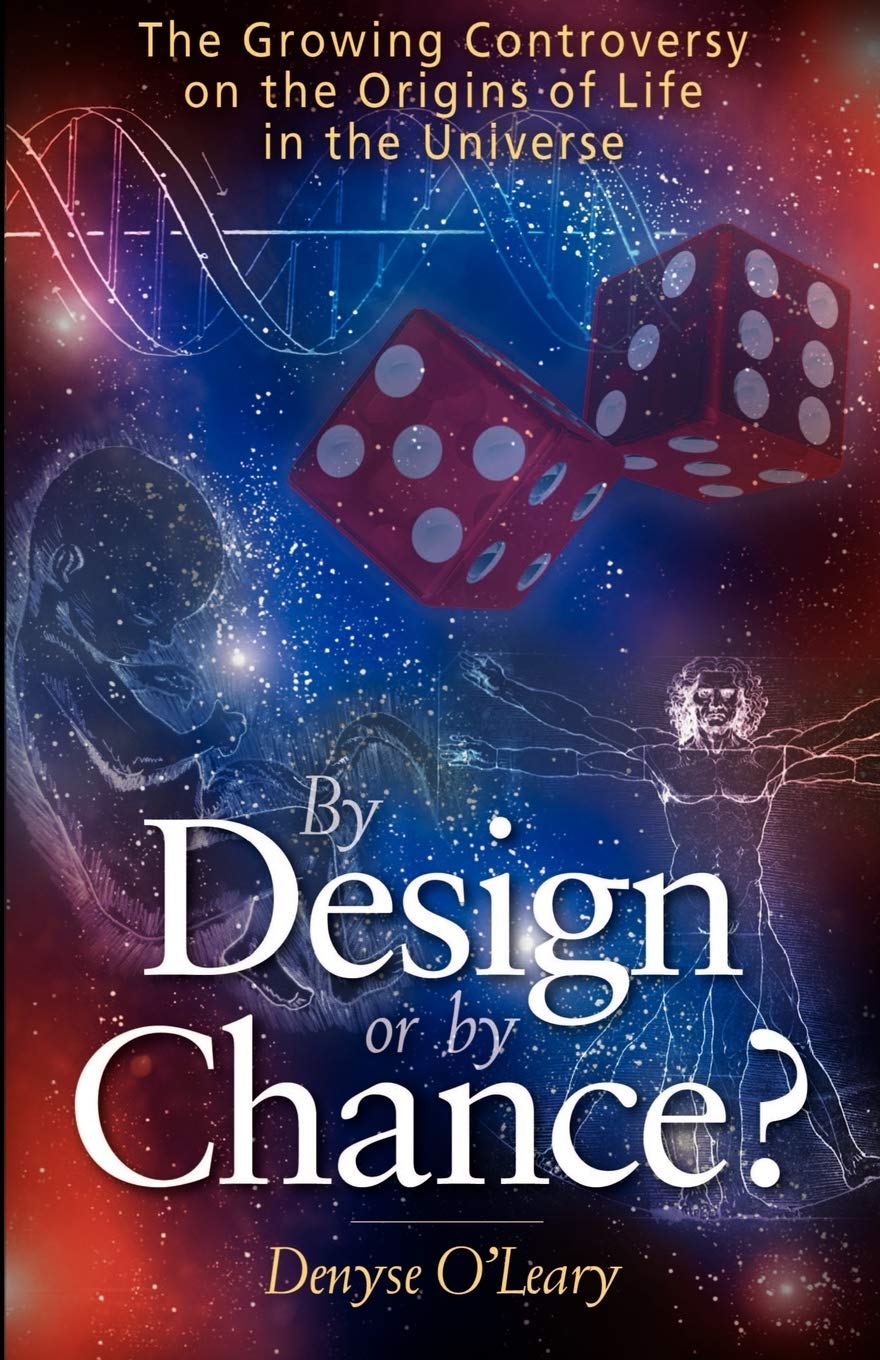This article, published by The Washington Times, contains a review of The Privileged Planet, by Discovery Institute Center for Science and Culture Senior Fellows Guillermo Gonzalez and Jay Richards:
Albert Einstein once remarked that the most incomprehensible thing about the universe was that it was comprehensible. For the past few centuries, no one has offered a satisfactory non-theological explanation as to why this should be so.
In recent years, however, a small group of scientists and thinkers have decided to try a novel approach combining science with theology, albeit not of the fundamentalist genre. The result has been the growing and increasingly influential “Intelligent Design” (ID) movement, a major project of the Seattle-based Discovery Institute, where I was a senior fellow for nearly 10 years. I never worked with the ID people, but found the effort fascinating, both as hard science and hard cultural and intellectual struggle.
Specifically, Intelligent Design holds that it is possible to study the biological and physical realms for evidence of design, without positing the identity, intent, or even the competence of the designer. Throughout the ’90s, ID fought mostly against the “sacred creation myth of the materialist West.”
Evolution, the best guess of a brilliant 19th-century scientist, has not been wearing well of late. A lot of little questions are starting to add up to One Big Question — much to the chagrin of the “If it isn’t matter, it doesn’t matter” crowds in science, education, and culture.
“The Privileged Planet,” however, is not about Charles Darwin. It addresses matters pertaining to life, intelligibility, and design in the cosmos as a whole.
Ever since astronomers first figured out that the universe is a pretty big place, the assumption has been that, life-wise, bigger is better. We all know the logic. Posit 100 billion galaxies with 100 billion stars each. If only one in a million has planets, and only one in a million of those can support life, the universe should still be a pretty fecund locale.
Read More ›
